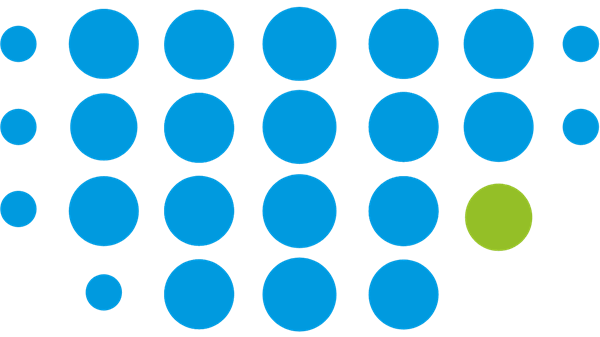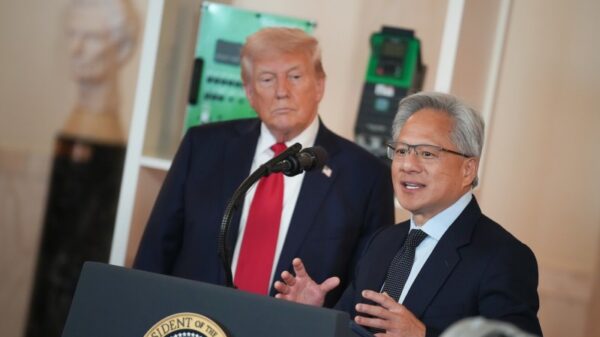URGENT UPDATE: New reports confirm that President Donald Trump’s proposed tariffs on pharmaceuticals could dramatically increase healthcare costs across the nation. This alarming development, announced on September 26, is poised to disproportionately impact seniors and low-income individuals who rely heavily on prescription medications.
Experts warn that the burden of these tariffs will inevitably fall on consumers, driving up drug prices at a time when many Americans are already struggling to afford essential medications. According to healthcare analysts, the implementation of these tariffs could result in an immediate increase in prices for commonly used drugs, further straining the budgets of vulnerable populations.
“Higher drug prices are the obvious trickle-down effect of this move,” stated Kymberleigh Richards, a concerned resident of Van Nuys. She emphasized that many seniors often forgo necessary prescriptions due to the financial strain imposed by escalating costs. “If prices rise, more patients will struggle to fill their prescriptions, leading to dire health consequences,” she added.
This tariff plan has significant implications for Medicare beneficiaries. Reports suggest that insurers may be forced to increase premiums to cover rising costs associated with prescription drug coverage. The alternative—raising annual deductibles—could lead to a similar financial burden for those relying on health insurance. “It’s a ‘damned if you do, damned if you don’t’ scenario,” Richards noted. “I fully expect my Part D Medicare coverage to raise both premiums and deductibles in the near future.”
Congress is now under pressure to act swiftly to mitigate the potential fallout from these tariffs. Advocates are calling for bipartisan legislation that would limit tariffs on essential healthcare products to protect constituents from further financial strain. Failure to address this issue could result in fewer representatives for the American public, regardless of political affiliation.
With healthcare costs already a pressing concern for many families, the implications of these tariffs are drawing widespread attention. As the situation develops, it is crucial for lawmakers to prioritize the health and well-being of their constituents. The potential for skyrocketing drug prices could redefine the healthcare landscape, leaving countless Americans in precarious situations.
This situation is urgent, and the need for immediate legislative action is clear. As the nation watches closely, the impact of Trump’s tariff plan on healthcare costs will be felt by millions, particularly the most vulnerable members of society. Further updates are expected as Congress debates potential solutions to this escalating crisis.







































































